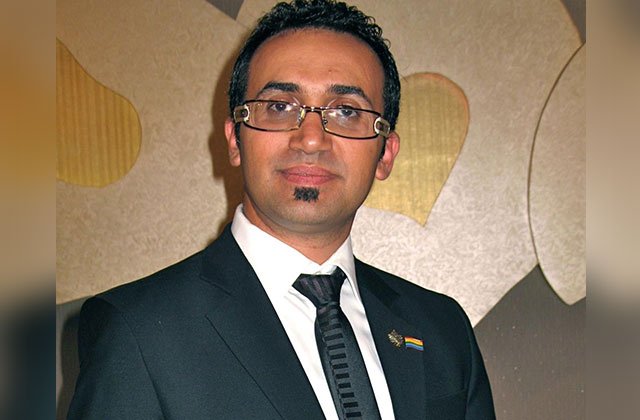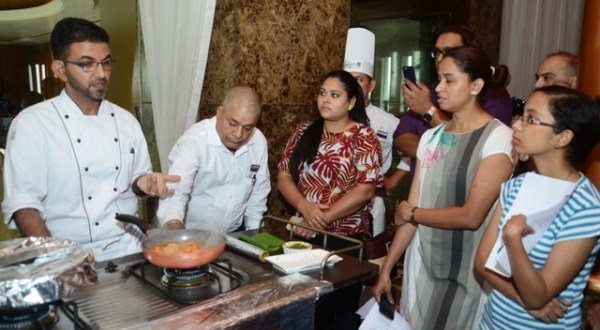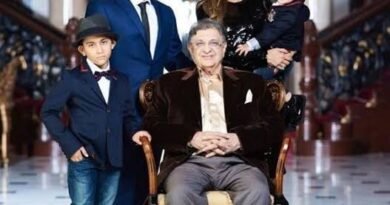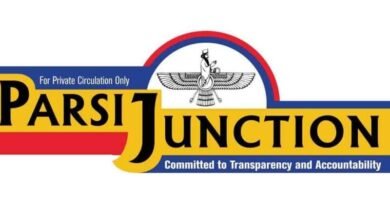Meet Arsham Parsi – Founder of the Iranian Railroad for Queer Refugees
 Arsham Parsi was a gay man living in Iran when he witnessed more two of his friends end their lives because they were gay. Rather than live behind a mask to hide his sexuality, he decided to do something about it.
Arsham Parsi was a gay man living in Iran when he witnessed more two of his friends end their lives because they were gay. Rather than live behind a mask to hide his sexuality, he decided to do something about it.
Now an activist living in Canada, Parsi founded the Iranian Railroad for Queer Refugees in 2008 and has helped more than 1,000 people escape persecution.
“When I was in Iran and I started my activism, at that time it was very simple. I didn’t expect that one day I would live in Canada and travel across the world to support Iranian LGBT people, but this is the path that I was on.
“One of my friends put it in a nice way: that I never decided to be an activist, I was forced to.”
Why is this important to you?
I’m Iranian and gay and I lived in Iran for 24 years. I experienced the first-hand experience of what is going on. I know exactly how it’s like to be a gay man in Iran, to put a mask on your face 24/7, every second deny your [existence]. You cannot do anything.
What was it like being in Iran as a gay man?
I remember it was in 2001 when I met my first LGBT friend in my city, Shiraz, and after a very short time she committed suicide by eating arsenic. A little later, I met another gay man in my classroom and we became great friends. He committed suicide when his parents caught him in a bed with another guy. It was big on me, I was 19 years old and I was so sad.
Why did you create the organization?
No one knew about the situation for Iranian LGBT people and it was our duty to talk about it and speaking out and it was quite successful. Also, to have a response to an urgent matter, which is refugees and those people who escaped Iran on the basis of their sexual orientation or gender identity and they’re seeking asylum for safety. It’s a matter of life or death. We couldn’t put them on hold while advocating and trying to change the law.
What dangers are there in Iran for LGBT people?
Homosexuality is punishable by death in Iran… for gays and lesbians, they are strictly being executed and also bisexuals are in a tough situation as well. It’s not all about sexual orientation. Even a heterosexual person could be executed because of these crimes because the law is very gray and usually they talk about homosexual acts, they don’t talk about sexual orientation — if you do something that they consider a homosexual act.
It’s not law, it’s not black and white, and it’s up to the judge and the authorities how they want to interpret it. That is why a lot of people after the revolution in 1979, a lot of people were executed for homosexuality, but we believe that most of them were part of opposition and it was a good cause for the authorities.
How do you help?
We have processed 1,430 applications from Iranian LGBT people and some of them are Afghan. About 80 percent of our applications were successful. For the refugee program, when someone is escaping Iran either when they are still in Iran or are in Turkey or in other countries, they approach us and we follow their case, especially with the United Nations Refugee Agency.
We document their cases, process affidavits, follow at UNFRI, and advocate on their behalf, grant asylum and refugee status and resettlement in Canada and the United States, mostly. We have some claimants that they directly left Iran to some European countries and we follow their cases as well.
Why Turkey?
The majority of our refugees are in Turkey due to it being a neighboring country and there are different means of transportation to get there — they don’t need a visa. They can enter illegally through mountains and make asylum.
How many people are a part of the Iranian Railroad for Queer Refugees?
We have volunteers and a board of directors. When it comes to the refugee program, I do it personally because it is very sensitive information and I don’t disclose it to anyone. Sometimes I feel very overwhelmed, especially when I go to Turkey. I go every two months to meet with refugees, document their story, and we have some workshops as well in order to meet with the UN and Canadian Embassy. I spend hours and hours listening to refugees’ stories and it’s very difficult. Sometimes I meet maybe 30, 35 people per day.
What do you think about your advocacy now?
I still have the same energy, still have the same passion. It is very satisfactory when you help someone who is in a bad situation and walk through with them a different refugee process and see then that they are happy in the U.S. and Canada, they live their lives, they have partners, they can go out, they laugh. When I compare their situation and Iran when they first contacted me and their situation right now, I think it’s an absolute pleasure and happiness to see the big change.
Published on SFGN





